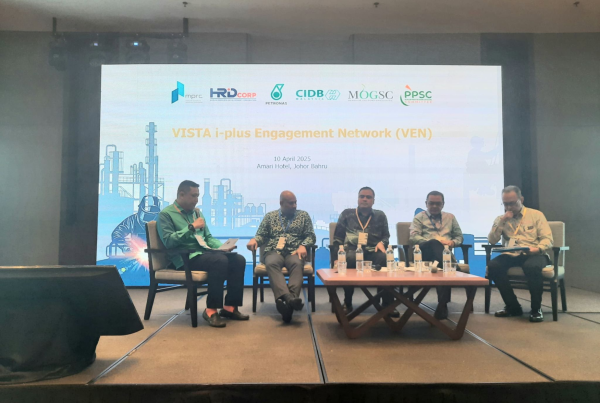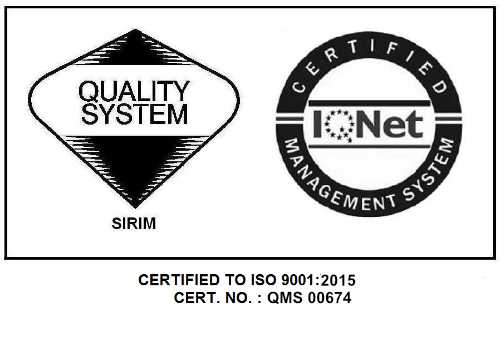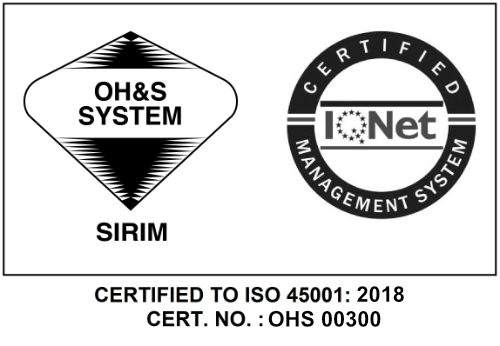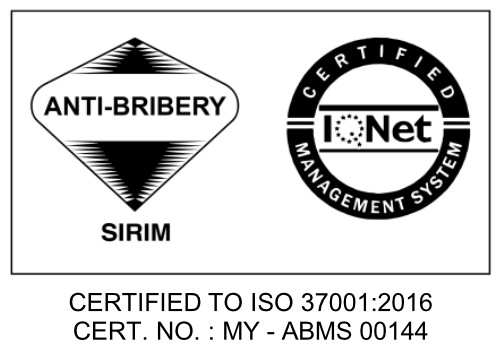
In the third part of our series on advanced project management and collaboration in the Malaysian construction industry, we delve into the ground-breaking potential of blockchain technology in transforming the way construction contracts are managed and payments are processed.
Traditional contract management can be a cumbersome and often time-consuming process, prone to disputes and inefficiencies. Blockchain technology offers an innovative solution by creating a distributed ledger that records and validates every contract and payment transaction transparently and tamper-proof. This brings a new level of trust and efficiency to the construction industry.
Streamlining Payment Processes
One of the most significant advantages of blockchain in construction is its ability to streamline payment processes. By automating and digitising payment procedures, blockchain reduces the administrative burden and minimises the risk of disputes. Payments can be triggered automatically when predefined conditions in the contract are met, ensuring that contractors are compensated promptly for their work. This not only enhances trust but also expedites project timelines.
Reducing Disputes and Enhancing Transparency
Blockchain’s immutability and transparency play a crucial role in reducing disputes. Every transaction and contract amendment is recorded on the blockchain, and all parties involved have access to the same unalterable information. This transparency fosters trust among stakeholders, reduces the likelihood of misunderstandings, and can serve as an indisputable source of truth in case of disagreements.
The Future of Contractual Agreements
Integrating blockchain technology in the construction industry represents a significant step toward more efficient and reliable contractual agreements. As construction companies in Malaysia adopt blockchain-based systems, they can expect reduced administrative overhead, decreased payment disputes, and a more transparent and trustworthy project environment.
Stay tuned for the next fourth part of our series, where we discuss how to overcome challenges in implementing advanced project management tools.
Article 1: Rise of Cloud-Based Project Management Tools
Article 2: Collaborative Platforms Transforming Remote Work
Article 4: Overcoming Challenges in Implementing Advanced Project Management Tools














